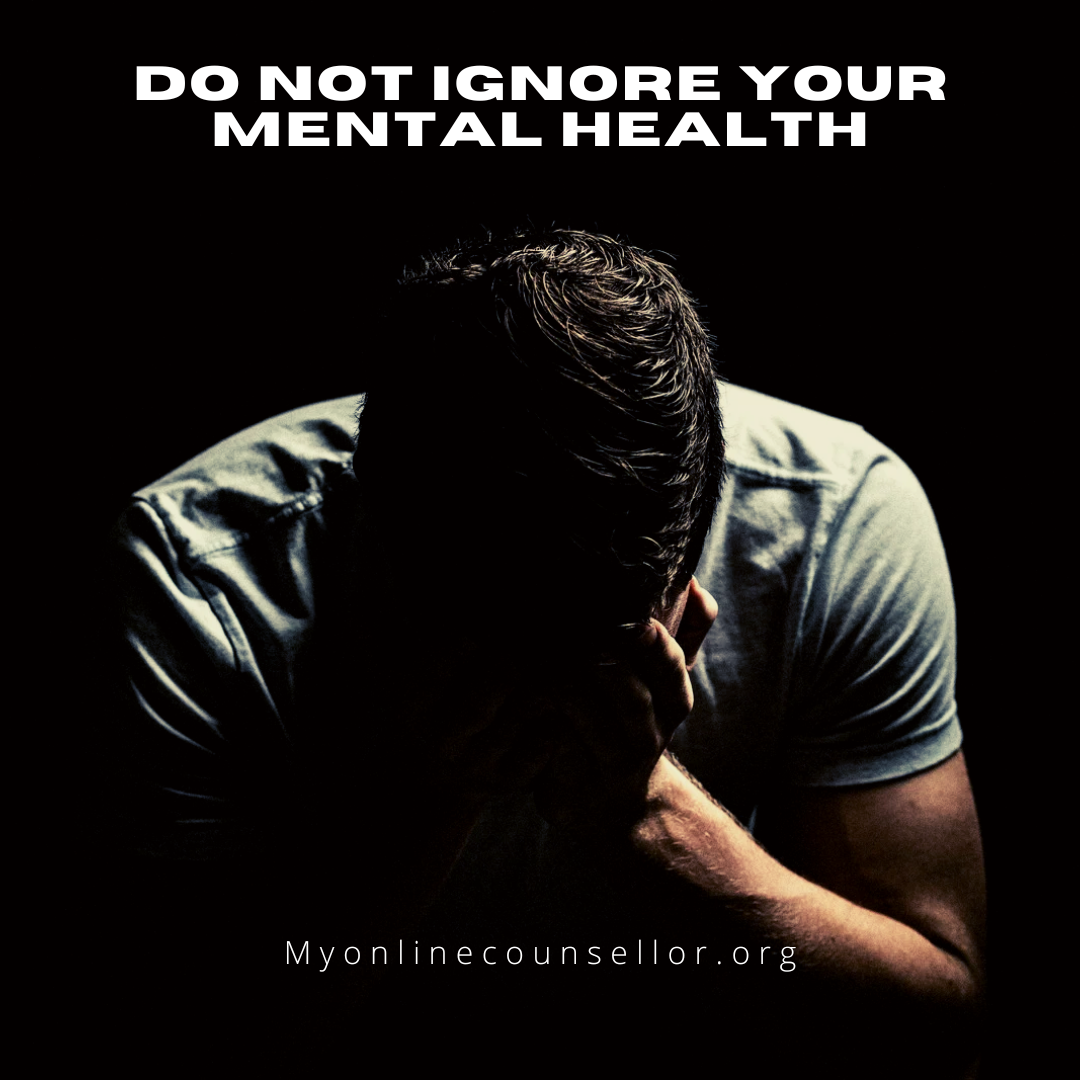As a UK-based counsellor, I’ve observed the evolving narrative of ketamine from its origins as a medical anaesthetic to its current status as both a therapeutic tool and a substance of abuse. This duality presents both opportunities and challenges in the realm of mental health.
 The Medical Genesis of Ketamine
The Medical Genesis of KetamineKetamine was first synthesised in 1962 by Dr. Calvin Stevens and introduced into clinical practice in the 1970s. Its rapid-acting anaesthetic properties made it invaluable in surgical settings and on battlefields, notably during the Vietnam War. Beyond anaesthesia, ketamine’s unique mechanism—blocking NMDA receptors—has shown promise in treating severe depression and PTSD, offering rapid relief where traditional antidepressants may falter.
 Therapeutic Potential in Mental Health
Therapeutic Potential in Mental HealthIn recent years, ketamine has emerged as a potential treatment for individuals with treatment-resistant depression. Clinics across the UK, such as those in Oxford and London, offer ketamine-assisted therapy, providing hope for patients unresponsive to conventional treatments. When administered in controlled settings, these therapies can provide rapid symptom relief, though the effects may be transient, necessitating comprehensive treatment plans.
 The Rise of Recreational Use
The Rise of Recreational UseDespite its medical benefits, ketamine has gained popularity as a recreational drug, particularly among young adults in the UK. Known colloquially as “Special K,” its dissociative effects are sought after in party scenes. However, misuse can lead to severe health issues, including urinary tract problems and cognitive impairments.

 Case Study: Jack’s Journey
Case Study: Jack’s JourneyJack, a 31-year-old client, began using ketamine recreationally to cope with undiagnosed PTSD stemming from early life traumas. Initially, the drug provided temporary relief, but over time, his usage escalated. Jack developed severe abdominal pain, and medical evaluations revealed ketamine-induced biliary tract dilation, necessitating the removal of his gallbladder. This case underscores the dangers of self-medicating with substances and the importance of proper mental health support.
 A Public Tragedy: The Vivienne’s Passing
A Public Tragedy: The Vivienne’s PassingThe recent death of James Lee Williams, known as The Vivienne, winner of “RuPaul’s Drag Race UK,” highlights the perils of ketamine misuse. At 32, Williams died from cardiac arrest linked to ketamine use. His family revealed he had kept his struggles hidden, emphasising the stigma surrounding substance abuse and the need for open conversations about mental health.
 Policy Considerations
Policy ConsiderationsIn response to rising ketamine misuse, the UK Home Office is considering reclassifying the drug as a Class A substance, aligning it with heroin and cocaine. This move aims to address the growing public health concern and curb illegal distribution.
 Conclusion: The Imperative of Mental Health Support
Conclusion: The Imperative of Mental Health SupportJack’s experience and The Vivienne’s tragic death underscore a critical truth: without accessible and practical mental health support, individuals may turn to substances like ketamine for relief, often with devastating consequences. As a society, we must prioritise mental health services, destigmatise seeking help, and ensure that support is available to those in need. Only through proactive measures can we prevent further tragedies and promote holistic well-being.
As a UK-based counsellor, I’ve observed the evolving narrative of ketamine from its origins as a medical anaesthetic to its current status as both a therapeutic tool and a substance of abuse. This duality presents both opportunities and challenges in the realm of mental health.
 The Medical Genesis of Ketamine
The Medical Genesis of KetamineKetamine was first synthesised in 1962 by Dr. Calvin Stevens and introduced into clinical practice in the 1970s. Its rapid-acting anaesthetic properties made it invaluable in surgical settings and on battlefields, notably during the Vietnam War. Beyond anaesthesia, ketamine’s unique mechanism—blocking NMDA receptors—has shown promise in treating severe depression and PTSD, offering rapid relief where traditional antidepressants may falter.
 Therapeutic Potential in Mental Health
Therapeutic Potential in Mental HealthIn recent years, ketamine has emerged as a potential treatment for individuals with treatment-resistant depression. Clinics across the UK, such as those in Oxford and London, offer ketamine-assisted therapy, providing hope for patients unresponsive to conventional treatments. When administered in controlled settings, these therapies can provide rapid symptom relief, though the effects may be transient, necessitating comprehensive treatment plans.
 The Rise of Recreational Use
The Rise of Recreational UseDespite its medical benefits, ketamine has gained popularity as a recreational drug, particularly among young adults in the UK. Known colloquially as “Special K,” its dissociative effects are sought after in party scenes. However, misuse can lead to severe health issues, including urinary tract problems and cognitive impairments.

 Case Study: Jack’s Journey
Case Study: Jack’s JourneyJack, a 31-year-old client, began using ketamine recreationally to cope with undiagnosed PTSD stemming from early life traumas. Initially, the drug provided temporary relief, but over time, his usage escalated. Jack developed severe abdominal pain, and medical evaluations revealed ketamine-induced biliary tract dilation, necessitating the removal of his gallbladder. This case underscores the dangers of self-medicating with substances and the importance of proper mental health support.
 A Public Tragedy: The Vivienne’s Passing
A Public Tragedy: The Vivienne’s PassingThe recent death of James Lee Williams, known as The Vivienne, winner of “RuPaul’s Drag Race UK,” highlights the perils of ketamine misuse. At 32, Williams died from cardiac arrest linked to ketamine use. His family revealed he had kept his struggles hidden, emphasising the stigma surrounding substance abuse and the need for open conversations about mental health.
 Policy Considerations
Policy ConsiderationsIn response to rising ketamine misuse, the UK Home Office is considering reclassifying the drug as a Class A substance, aligning it with heroin and cocaine. This move aims to address the growing public health concern and curb illegal distribution.
 Conclusion: The Imperative of Mental Health Support
Conclusion: The Imperative of Mental Health SupportJack’s experience and The Vivienne’s tragic death underscore a critical truth: without accessible and practical mental health support, individuals may turn to substances like ketamine for relief, often with devastating consequences. As a society, we must prioritise mental health services, destigmatise seeking help, and ensure that support is available to those in need. Only through proactive measures can we prevent further tragedies and promote holistic well-being.
As a UK-based counsellor, I’ve observed the evolving narrative of ketamine from its origins as a medical anaesthetic to its current status as both a therapeutic tool and a substance of abuse. This duality presents both opportunities and challenges in the realm of mental health.
 The Medical Genesis of Ketamine
The Medical Genesis of KetamineKetamine was first synthesised in 1962 by Dr. Calvin Stevens and introduced into clinical practice in the 1970s. Its rapid-acting anaesthetic properties made it invaluable in surgical settings and on battlefields, notably during the Vietnam War. Beyond anaesthesia, ketamine’s unique mechanism—blocking NMDA receptors—has shown promise in treating severe depression and PTSD, offering rapid relief where traditional antidepressants may falter.
 Therapeutic Potential in Mental Health
Therapeutic Potential in Mental HealthIn recent years, ketamine has emerged as a potential treatment for individuals with treatment-resistant depression. Clinics across the UK, such as those in Oxford and London, offer ketamine-assisted therapy, providing hope for patients unresponsive to conventional treatments. When administered in controlled settings, these therapies can provide rapid symptom relief, though the effects may be transient, necessitating comprehensive treatment plans.
 The Rise of Recreational Use
The Rise of Recreational Use
 Case Study: Jack’s Journey
Case Study: Jack’s Journey A Public Tragedy: The Vivienne’s Passing
A Public Tragedy: The Vivienne’s Passing Policy Considerations
Policy Considerations Conclusion: The Imperative of Mental Health Support
Conclusion: The Imperative of Mental Health Support
 The Rise of Recreational Use
The Rise of Recreational UseDespite its medical benefits, ketamine has gained popularity as a recreational drug, particularly among young adults in the UK. Known colloquially as “Special K,” its dissociative effects are sought after in party scenes. However, misuse can lead to severe health issues, including urinary tract problems and cognitive impairments.

 Case Study: Jack’s Journey
Case Study: Jack’s JourneyJack, a 31-year-old client, began using ketamine recreationally to cope with undiagnosed PTSD stemming from early life traumas. Initially, the drug provided temporary relief, but over time, his usage escalated. Jack developed severe abdominal pain, and medical evaluations revealed ketamine-induced biliary tract dilation, necessitating the removal of his gallbladder. This case underscores the dangers of self-medicating with substances and the importance of proper mental health support.
 A Public Tragedy: The Vivienne’s Passing
A Public Tragedy: The Vivienne’s PassingThe recent death of James Lee Williams, known as The Vivienne, winner of “RuPaul’s Drag Race UK,” highlights the perils of ketamine misuse. At 32, Williams died from cardiac arrest linked to ketamine use. His family revealed he had kept his struggles hidden, emphasising the stigma surrounding substance abuse and the need for open conversations about mental health.
 Policy Considerations
Policy ConsiderationsIn response to rising ketamine misuse, the UK Home Office is considering reclassifying the drug as a Class A substance, aligning it with heroin and cocaine. This move aims to address the growing public health concern and curb illegal distribution.
 Conclusion: The Imperative of Mental Health Support
Conclusion: The Imperative of Mental Health SupportJack’s experience and The Vivienne’s tragic death underscore a critical truth: without accessible and practical mental health support, individuals may turn to substances like ketamine for relief, often with devastating consequences. As a society, we must prioritise mental health services, destigmatise seeking help, and ensure that support is available to those in need. Only through proactive measures can we prevent further tragedies and promote holistic well-being.

